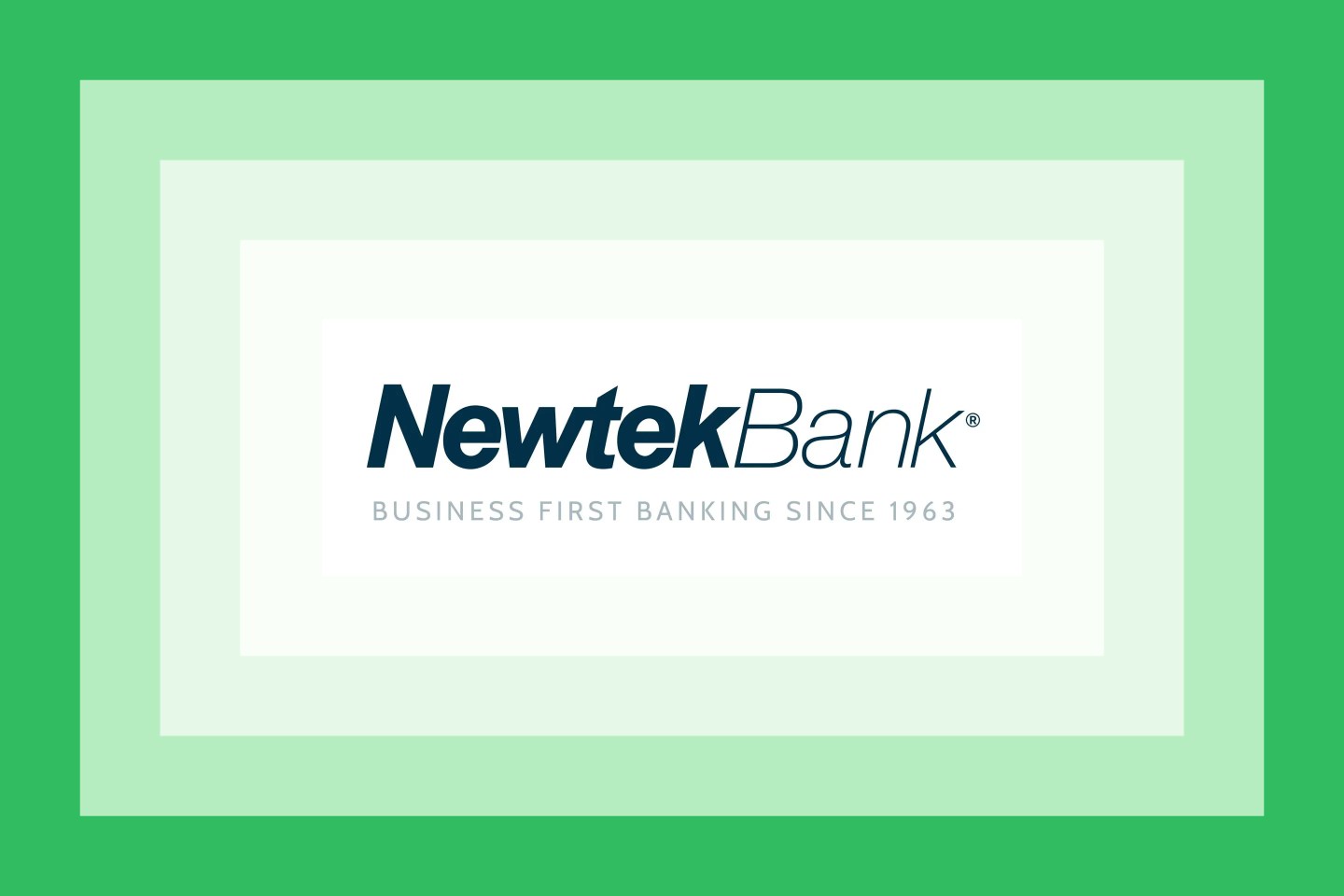By Steve Mills, contributor
FORTUNE — We’re entering a whole new era of computing.
Over the past five decades, we’ve moved through a series of eras of computing. The era of classical computing began in the 1950s and picked up speed in the 1960s and 1970s. This classical computing, where mainframes operate in a series of actions, enabled large organizations — such as banks, insurance companies and manufacturing companies — to operate with greater efficiency. Mini-computers became the rage in the 1970s, followed immediately by high function UNIX workstations. Then, personal computers took off in 1981 with IBM (IBM) PC and quickly evolved into the client-server computing model. The World Wide Web changed the industry yet again throughout the 1990s.
Despite all the advances, we’ve evolved highly complex systems that require organizations to spend 70% or more of their IT budgets on just maintaining their existing computer systems. There’s very little left over to come up with innovative ways to use much of that technology. What’s more, two-thirds of corporate IT projects are delivered over budget and behind scheduled, according to a recent study by IBM and industry analyst firm IDC.
MORE: The Dell dilemma
What needs to change?
Much like individuals, companies want to be able to plug in their computing systems and have them work “out of the box.” They want the hardware and software to work together immediately. They want things simplified and automated. The good news is that technology will evolve on top of the technology base in ways that will likely be startling: systems that can “learn” and systems that can “think.”

New computing paradigms are going to emerge. Computing is going into everything, everywhere. Computers are getting better at recognizing things. Computers cannot see, but you will be able to put devices that can feed recognition information into the computer, which can identify people, places or things. Computing will also become in many ways invisible and part of the world in ways that are hard to predict — except to say that technology will abound even more. It’s going to surround us in a way that makes everything that we do more efficient and more effective. There may be a time in the future when computers incorporate a certain type of associations as humans do.
MORE: HP’s printer problem
Meantime, we’re taking the first steps in that journey now. We’re starting to build very different types of machines. Over time, these machines will become ever closer to being like us. They will even be able to think of everything and know everything all the time, which, of course, no human brain can do.
Human beings are defined by the things that they do and the tools they create. We’ve made ourselves stronger through machinery: in many places, muscle power has been substituted with machine power. We can build more things, make more things and go more places. We can travel faster and farther because of the machines that we build. Computers and computing devices are another step on that path. They let us explore our ideas and express creativity in ways that take us beyond all of our other inventions.
The world is going to get even “smarter” as a result of the machines we build. Over the next 20 to 50 years, we’ll see new types of machines and over time, we may finally have cognitive devices that can actually “think” as advances in information technology continue to build upon the breakthroughs of the past.

Steve Mills is Senior Vice President and Group Executive – Software & Systems, a role he assumed in 2010 and which added hardware and systems to his software responsibilities. He has held various executive leadership positions in IBM since 1989. He has played a leading role in the growth of IBM Software Group since its inception in 1995.He became Senior Vice President and Group Executive, Software Group in 2000. In his current role, Mills is responsible for directing approximately 110,000 employees spanning development, manufacturing, sales, marketing and support professions. IBM’s product business contributes $40 billion of IBM’s revenue. He joined IBM in 1973 after graduating New York’s Union College.











